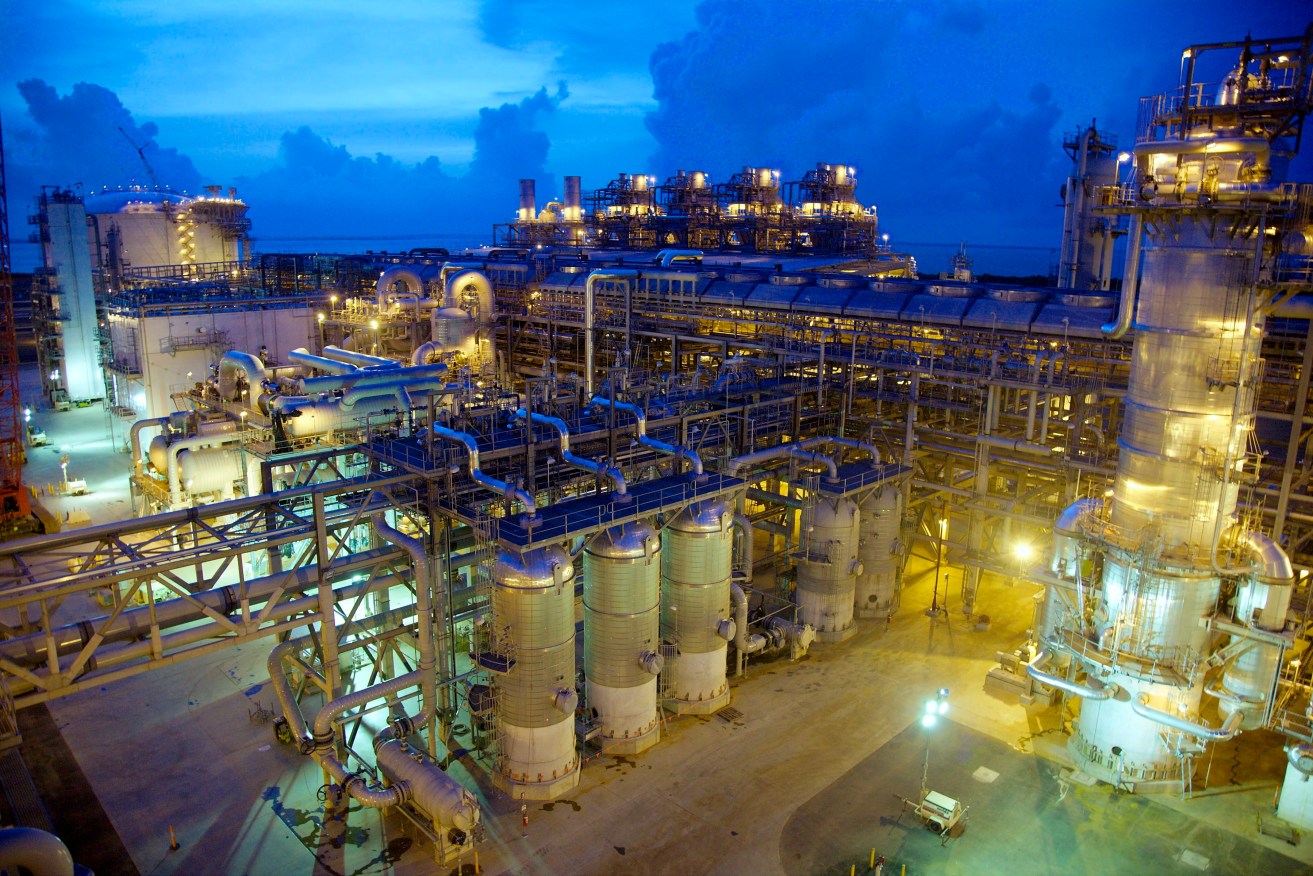Burn baby, burn: Queensland puts nation in ‘much better position’ to meet winter gas demands
Australia is better placed to meet its winter domestic gas demand than earlier predictions as supply forecasts are revised up and expectations marked down.

Queensland has helped put the rest of the nation into a strong position to deal with winter demand. (AAP Image/Supplied by Santos) NO ARCHIVING, EDITORIAL USE ONLY
The Australian Competition and Consumer Commission is now forecasting a 6PJ surplus in the September quarter, even if producers were to export all their uncontracted gas, marking an improvement on the 5PJ shortfall expected in December 2023.
The ongoing 2017-2030 gas inquiry from the competition watchdog is forecasting a 7PJ increase in supply compared to its December estimates.
Resources Minister Madeleine King said Queensland was doing the “heavy lifting” in securing gas supply for the entire east coast.
Asked if that situation was sustainable for the southern states, Ms King said any gas that had to be transported from long distances cost more money, which would then be passed on to consumers.
She said there was still more work to be done in bringing down the price of gas for people.
Domestic demand had also been forecasted 7PJ lower, as informed by energy market regulator estimates, though that improvement had been partially offset by higher anticipated export demand.
Despite the downgrade, demand for gas in the September quarter is typically at its peak as cooler weather prompts households and businesses to turn on their heating.
Southern states are expected to face shortfalls over winter and the ACCC says gas will need to be withdrawn from storage or transported from Queensland and the Northern Territory to cover the gap.
“The most recent data suggest that there will be sufficient gas to meet demand in the east coast market for quarter three of 2024,” the report reads.
Yet the ACCC warns there are “material uncertainties” that could impact supply and demand.
“This includes the variability of weather affecting gas-powered generation, uncertainties in supply and additional or fewer LNG exports,” the report said.












